Trade, inflation data offers hope for China’s economy, but there is still a long way to go
Analysts expect imports to continue to pick up in the coming months, with Beijing offering more support as domestic demand has been named as a top priority.
China’s consumer price growth also rose more than expected in July, rebounding to a five-month high.
Amid an overall economic slowdown, consumers in China have been unwilling to spend due to a prolonged property slump and a bleak job market, with the CPI having stagnated around zero since April last year.
But last month, food prices propped a surprise increase in CPI, which analysts expect to continue in the coming months.
With those hopes came caution, though, as observers added this should not be a sign for Beijing to change its plans for further monetary easing, with interest rate cuts still expected this year.
60-Second Catch-up
Deep dives
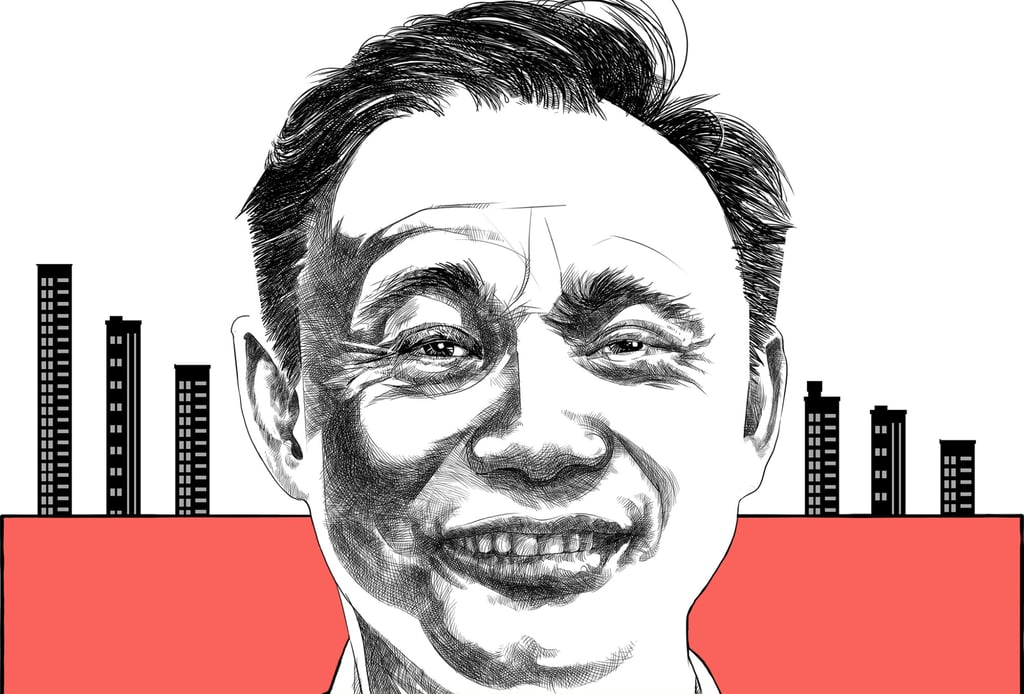
This economist says China’s property oversupply is far from over. Here’s why
Surge in household debt, collapse in property values highlight need for real estate wind-down, cash handouts to spark consumer demand
Mao Zhenhua is the founder of China Chengxin Credit Rating Group and co-director of Renmin University’s Institute of Economic Research. He is a regular commentator on China’s economy, has been a professor at the University of Hong Kong’s Business School since 2022, and was among the first to warn about the underlying pressure on China’s property prices.
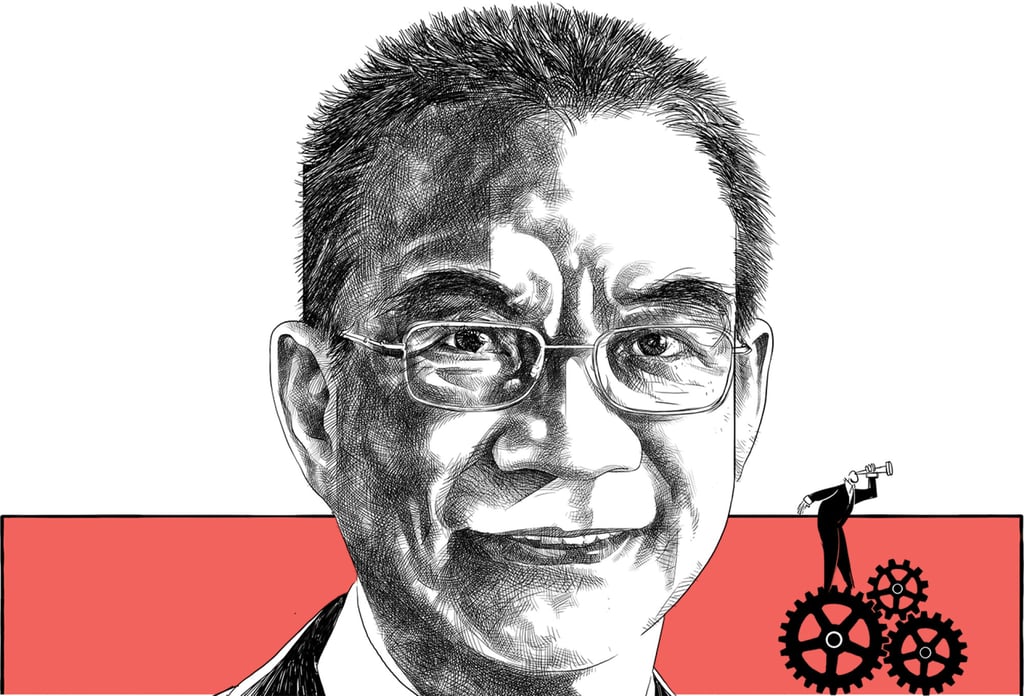
Ex-World Bank economist on why ‘China will not be misled’, dodging Japan’s fate
The professor and former World Bank economist says China’s industrial policy essential to fuel innovation, avoid Japan-like depression
Justin Lin Yifu is a professor of economics at Peking University and former chief economist at the World Bank. His theory of “new structural economics” – which advises governments of developing countries to take an active role in building and optimising their industrial base – is widely believed to have influenced Beijing’s economic policies over the past decade, and he has predicted China will “surpass the US, as measured by market exchange rate, around 2030” and surmount the middle-income trap “within two or three years”. He was a counsellor for China’s State Council from 2013 to 2023.
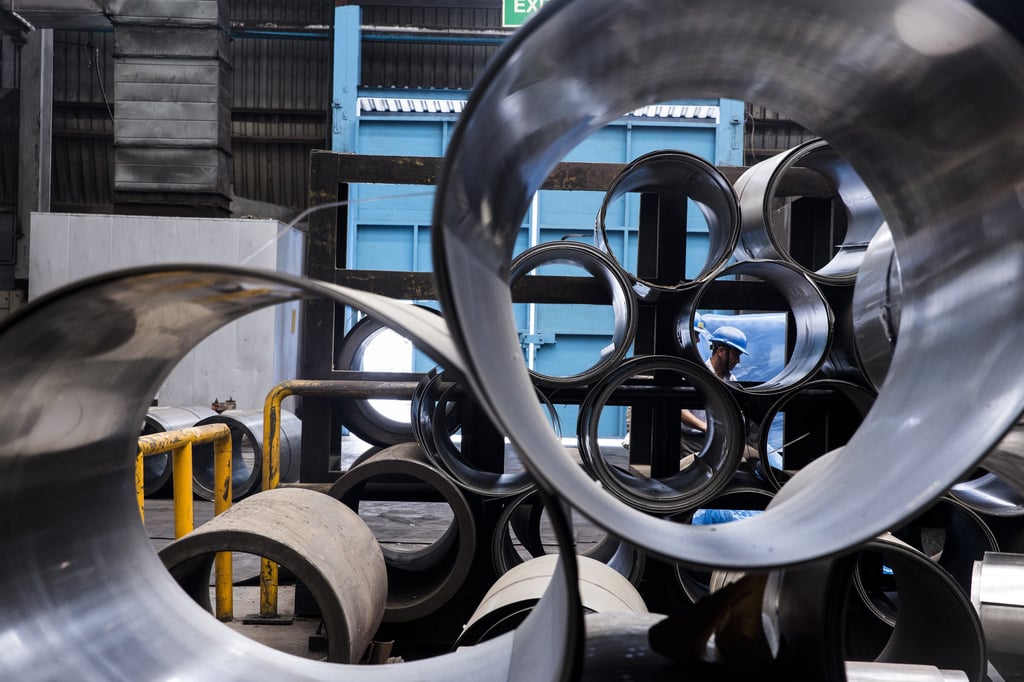
Amid worries of ‘overdependence’, Asean puts up more trade barriers on China
Likes of Vietnam, Malaysia and Indonesia are paying more attention to Chinese imports to protect their domestic industries amid overcapacity concerns
Beijing’s strategy to reshape China’s trade profile to boost exports to Southeast Asia has been put to the test by a growing array of barriers in the region that are responding to supply chain shifts, analysts said, with the curbs also coming at a time of weakening shipments to the 10-nation bloc.
China is facing a surge of trade restrictions amid concerns of industrial overcapacity – as it produces more of certain good than it is able to sell or use – and Vietnam became one of the latest countries to officially launch an anti-dumping investigation into certain types of hot rolled coil steel from China and India late last month.
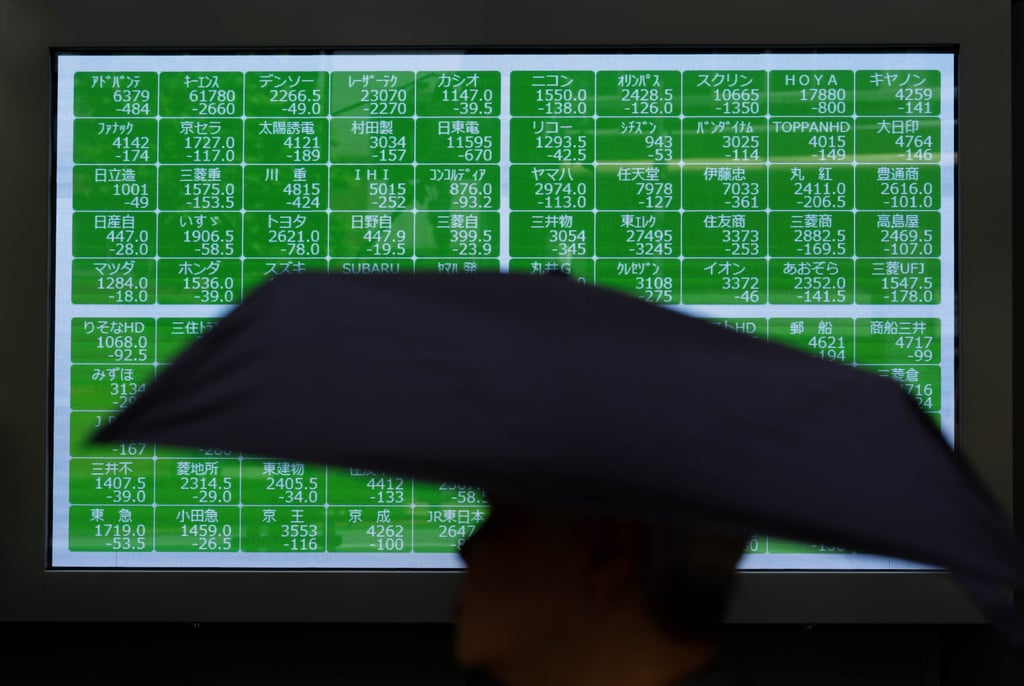
Was stock market rout a red flag for China’s key exports, or just a blip?
Some of the worst-hit stock markets regained ground on Tuesday following Monday’s global sell-off, but concerns remain for China’s key exports
Warning signs are flickering for China’s economy – of which the export sector has been a major growth engine in the first half of the year – after concerns about a recession in the United States triggered a massive global stock market sell-off at the start of this week.
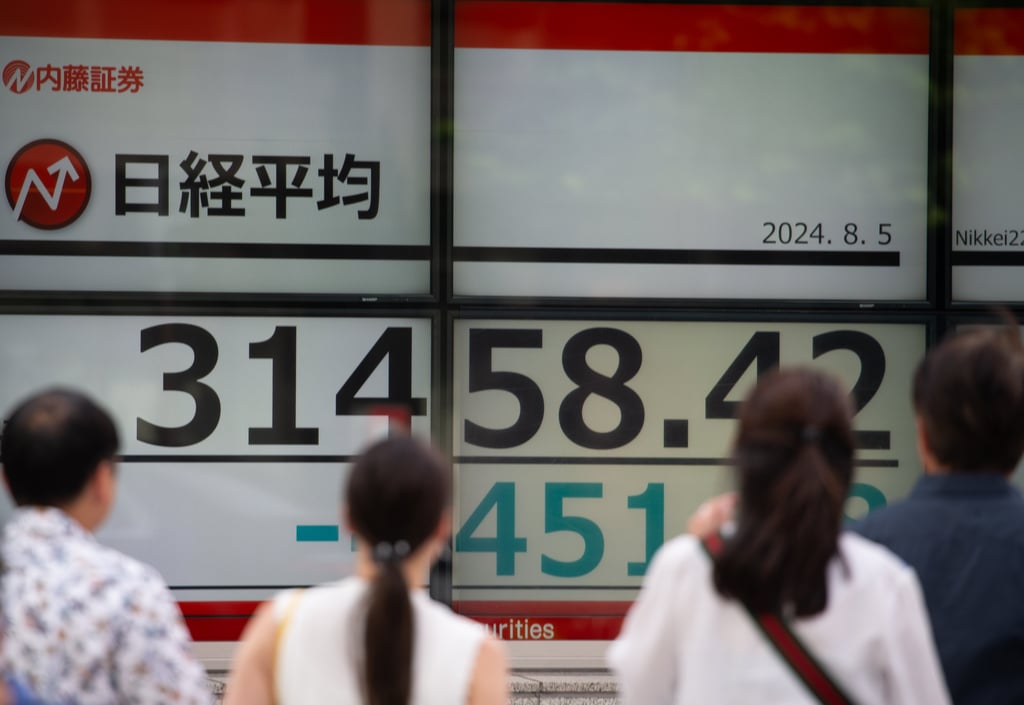
Chinese retail investors, eager for returns, looked overseas – then came Monday
As Chinese exchanges showed little promise, domestic investors turned to overseas markets – a decision that may prove costly after Monday’s rout
While some are feeling the burn and debating whether to cut their losses and exit these markets entirely, more say they will keep the faith, electing to hold their positions and not move their remaining capital into domestic bourses.

Popular with Hongkongers, can Shenzhen’s indoor skiing heat up China’s spending?
China is actively promoting winter sports to spur domestic consumption, with indoor ski resorts in Shenzhen gaining popularity, including with Hong Kong residents
Average temperature reached record highs in China in July, but Shenzhen’s indoor ski resorts offered a stark contrast to the heat that had descended on China’s Southern tech hub, while also providing a boost to cooling consumption that is weighing on the national economy.
With sub-zero temperatures, artificial snow, glass igloos and customers bundled up in colourful ski gear, indoor skiing has emerged as a surprise hit in Shenzhen, with bookings via Chinese shopping platform Meituan almost tripling in July from the previous month, according to CCTV.
Global Impact is a weekly curated newsletter featuring a news topic originating in China with a significant macro impact for our newsreaders around the world.